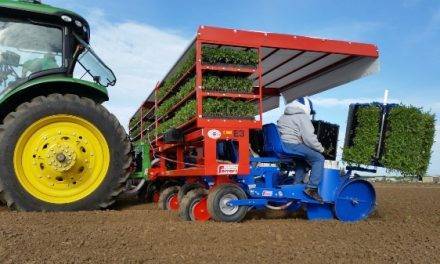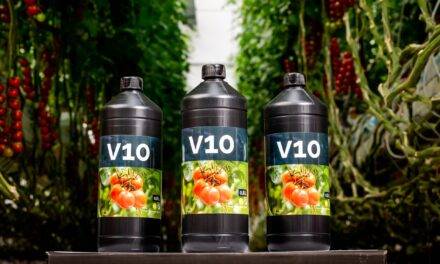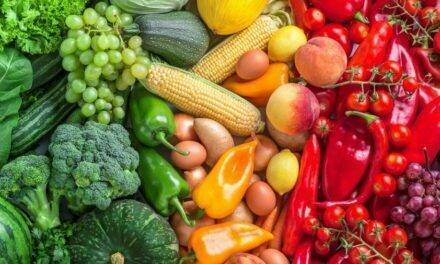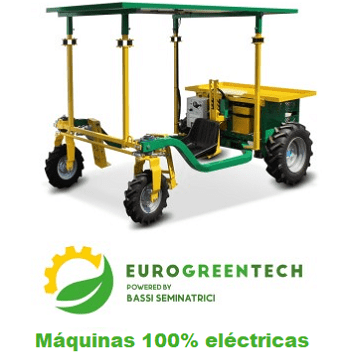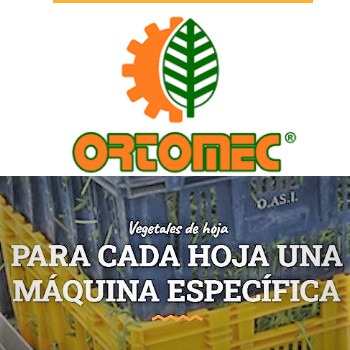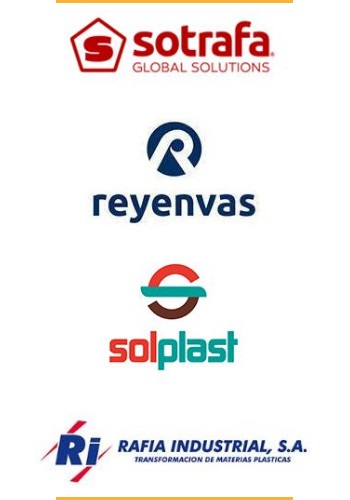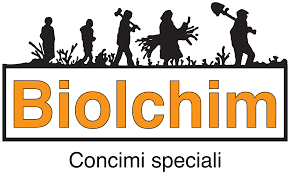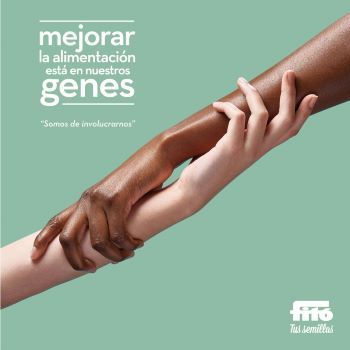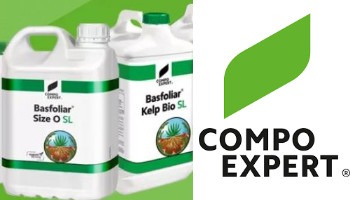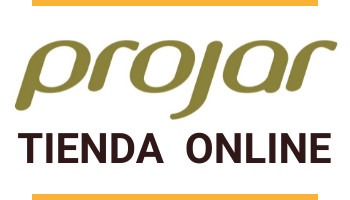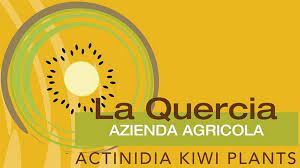
A new project will replace materials and recover mushroom cultivation waste based on more sustainable solutions to increase competitiveness
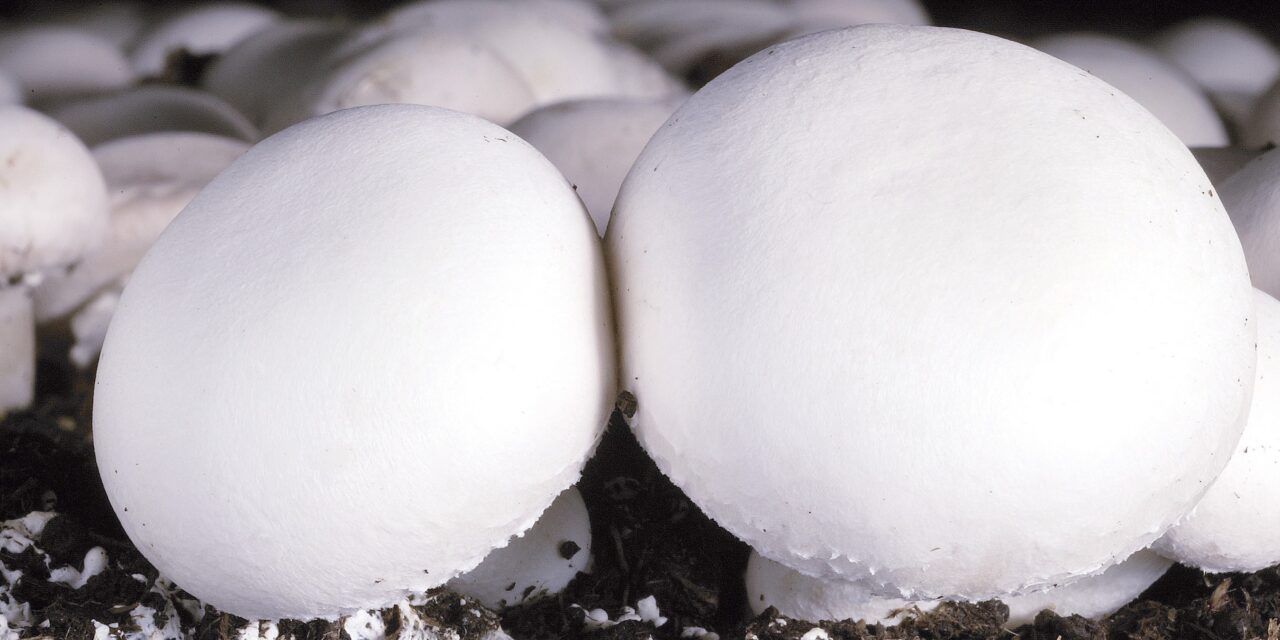
- GO CHAMPLAST is a circular economy project that will produce advanced char from the waste substrate of mushroom cultivation and compostable films to replace current fossil products
- ASOCHAMP, AIMPLAS and the companies Ingelia and SAV are developing this project to increase farm profitability by using advanced materials and reducing costs associated with treating agricultural waste
31.05.2023 – ENGLISH
Spain is Europe’s third-largest mushroom grower. After cultivation, the mushroom substrate is spent and can no longer be used for industrial production. Disposing of this waste-growing substrate has become a real challenge for growers. In addition, the mulch films currently used in mushroom cultivation are very costly to recycle. In this context, there is a growing need for strategies to reuse crop residues in order to minimize the environmental, landscape and economic impact of mushroom cultivation.
The research project GO CHAMPLAST was created to provide a solution to this problem by reducing mushroom crop residue and recovering it to increase the productivity of the agricultural sector. The project proposes two innovative solutions. The first is a new formulation of compostable mulch film to replace the fossil-product plastic mulch film currently used in mushroom cultivation. The second involves the production of advanced char from the waste growing substrate and other crop residues to reduce the use of peat, a fossil product, as a cover material and to use advanced char as a fertilizer that helps improve crops, thus increasing the competitiveness and profitability of the agricultural sector.
The project also involves extracting essential oils from aromatic plant crops, such as peppermint, oregano, mint, thyme and rock-rose, to control pathogenic fungi in the mushroom crop itself.
The Professional Association of Substrate and Mushroom Producers of La Rioja, Navarre and Aragon (ASOCHAMP) is the representative and coordinator of the CHAMPLAST Task Force and will carry out research through the Mushroom Technological Research Centre of La Rioja (CTICH). AIMPLAS, the Plastics Technology Centre, is the project’s technical coordinator. The companies Ingelia and SAV are also participating in the project.
Implementation of these solutions has the obvious advantage of improving the profitability of farms, as it will reduce the costs associated with treating their crop residues and diversify their business through the development of advanced materials such as compostable mulch film and advanced char, which will be directly validated at industrial scale.
Environmental improvements and increased competitiveness
The GO CHAMPLAST Project will help improve mushroom farms’ environmental, social and economic sustainability. Collection and management of waste-growing substrate to obtain high-value-added products such as advanced char promotes the efficient use of resources through a competitive, economically feasible process. This reduces the amount of agricultural land used to dispose of this waste and minimizes the environmental impact in the form of odours, visual impact, leaching and greenhouse gas emissions.
The materials used throughout the project to obtain the final products are all-natural, compostable products that do not cause toxicity to human health or the environment. The process involves obtaining hydrochar by eliminating highly demanding drying stages. The hydrochar is then subjected to heat treatment at 250-350°C to obtain advanced char, which reduces phytotoxicity, improves nutrient and water adsorption, and contributes more organic carbon to the soil. The use of advanced biochar thus helps supply biomaterials that can partially replace the cover material or peat, a fossil product, and make better use of water and nutrients.
Reducing the use of peat as a cover material and agricultural substrate will reduce the environmental impact of peat extraction and associated transport. Furthermore, the production of botanical biopesticides from aromatic plants will provide an effective, environmentally sustainable alternative to chemical pesticides for the control of pathogens in mushroom crops.
This innovation project of public interest is funded by operational groups of the European Association for Innovation in Agricultural Productivity and Sustainability (AEIP-Agri) within the framework of the National Programme for Rural Development 2014-2022 with funds from the Instrument of the European Recovery Plan of the Spanish Ministry of Agriculture, Fisheries and Food. Given the approval on 8 February 2021 of the Strategic Project for Economic Recovery and Transformation (PERTE) for the agri-food sector, funding has been provided for the lines of action necessary to undertake the environmental, digital, social and economic changes it will have to face in the next decade.
About AIMPLAS
At AIMPLAS, we help companies apply circular economy criteria to their business models and turn the legislative changes that affect the plastics industry into opportunities to improve company efficiency, reduce environmental impact and increase profitability. AIMPLAS also does research in areas such as recycling, biodegradable materials and products, and the use of biomass and CO2 with the aim of developing innovative solutions that help solve current environmental challenges.










